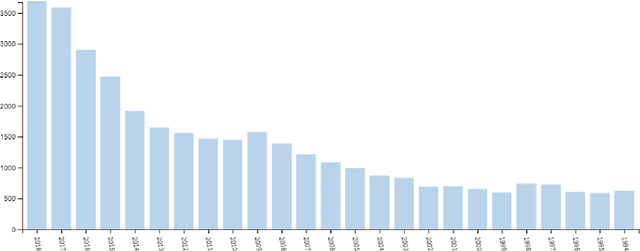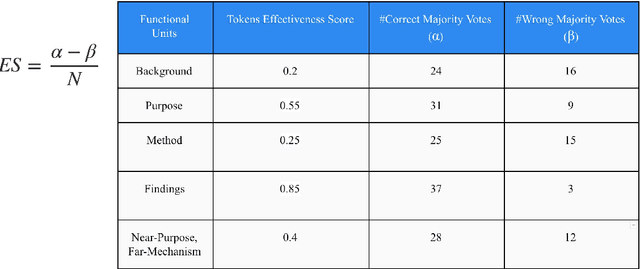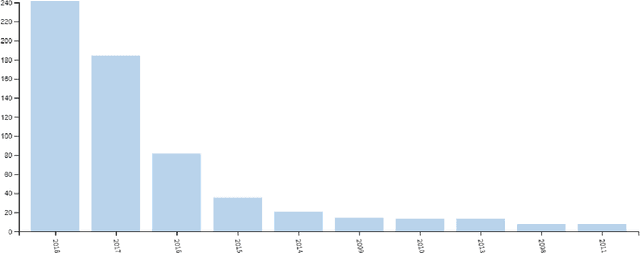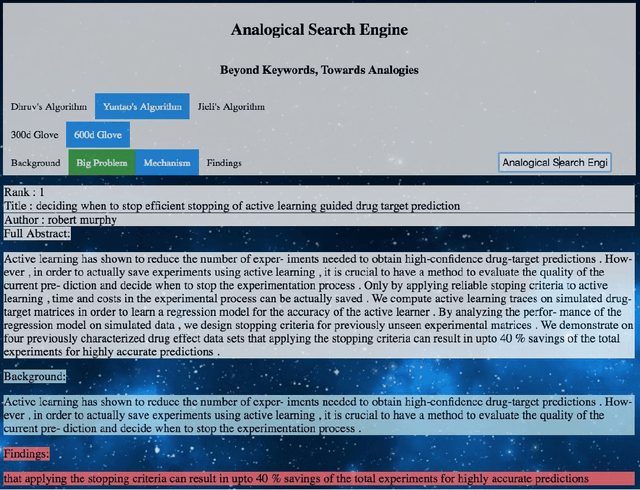Yuntao Zhou
OXYGENERATOR: Reconstructing Global Ocean Deoxygenation Over a Century with Deep Learning
May 12, 2024



Abstract:Accurately reconstructing the global ocean deoxygenation over a century is crucial for assessing and protecting marine ecosystem. Existing expert-dominated numerical simulations fail to catch up with the dynamic variation caused by global warming and human activities. Besides, due to the high-cost data collection, the historical observations are severely sparse, leading to big challenge for precise reconstruction. In this work, we propose OxyGenerator, the first deep learning based model, to reconstruct the global ocean deoxygenation from 1920 to 2023. Specifically, to address the heterogeneity across large temporal and spatial scales, we propose zoning-varying graph message-passing to capture the complex oceanographic correlations between missing values and sparse observations. Additionally, to further calibrate the uncertainty, we incorporate inductive bias from dissolved oxygen (DO) variations and chemical effects. Compared with in-situ DO observations, OxyGenerator significantly outperforms CMIP6 numerical simulations, reducing MAPE by 38.77%, demonstrating a promising potential to understand the "breathless ocean" in data-driven manner.
Analogy Search Engine: Finding Analogies in Cross-Domain Research Papers
Dec 17, 2018



Abstract:In recent years, with the rapid proliferation of research publications in the field of Artificial Intelligence, it is becoming increasingly difficult for researchers to effectively keep up with all the latest research in one's own domains. However, history has shown that scientific breakthroughs often come from collaborations of researchers from different domains. Traditional search algorithms like Lexical search, which look for literal matches or synonyms and variants of the query words, are not effective for discovering cross-domain research papers and meeting the needs of researchers in this age of information overflow. In this paper, we developed and tested an innovative semantic search engine, Analogy Search Engine (ASE), for 2000 AI research paper abstracts across domains like Language Technologies, Robotics, Machine Learning, Computational Biology, Human Computer Interactions, etc. ASE combines recent theories and methods from Computational Analogy and Natural Language Processing to go beyond keyword-based lexical search and discover the deeper analogical relationships among research paper abstracts. We experimentally show that ASE is capable of finding more interesting and useful research papers than baseline elasticsearch. Furthermore, we believe that the methods used in ASE go beyond academic paper and will benefit many other document search tasks.
 Add to Chrome
Add to Chrome Add to Firefox
Add to Firefox Add to Edge
Add to Edge